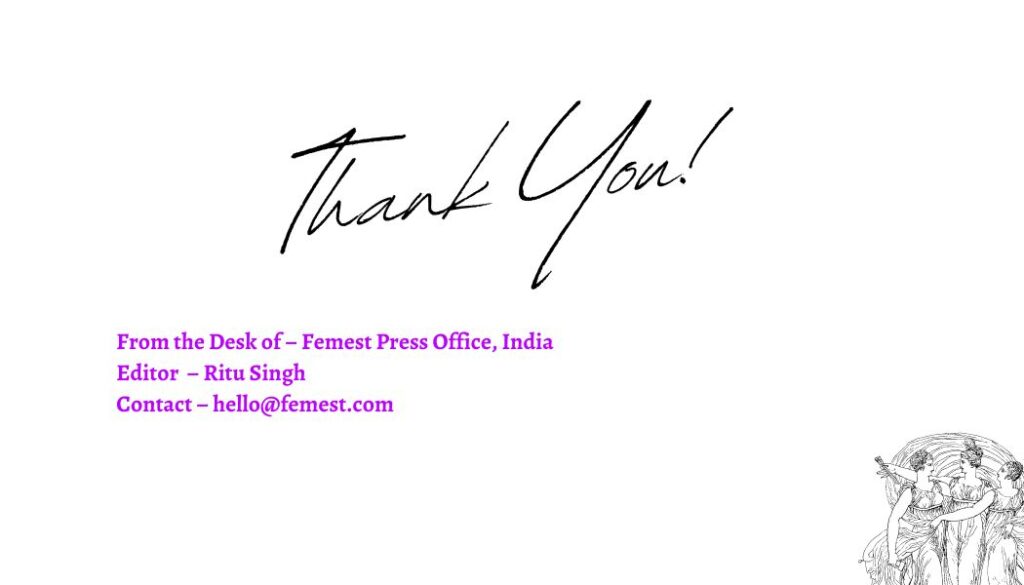The beauty industry in Asia is a multi-billion dollar business, and it plays a significant role in shaping beauty standards and expectations for women in the region.
While some argue that the industry empowers women by giving them the tools to enhance their appearance and feel more confident, others say that it oppresses women by perpetuating narrow beauty ideals and promoting unrealistic standards.
Empowering Women
One argument favouring the beauty industry is that it empowers women by giving them control over their appearance. By providing women with a range of beauty products and services, the initiative allows women to express themselves and enhance their natural beauty.
This can increase confidence and self-esteem, positively impacting other areas of their lives.
The beauty industry in Asia has also provided economic opportunities for women. Women make up a significant portion of the workforce in the beauty industry, from sales associates to makeup artists to brand executives. It has allowed women to enter the workforce and achieve financial independence, which can be a significant source of empowerment.

Oppressing Women
On the other hand, critics argue that the beauty industry in Asia oppresses women by promoting unrealistic beauty standards and perpetuating narrow ideals of beauty.
The sector often prioritizes fair skin, slim bodies, and Eurocentric features, leading to feelings of inadequacy and low self-esteem among women who do not fit these standards.
The beauty industry in Asia has also been criticized for perpetuating harmful beauty practices, such as skin whitening and double eyelid surgery. These practices can reinforce a preference for certain physical features and marginalise those who do not conform to these standards.
Another concern is that the beauty industry in Asia contributes to a culture of consumerism and materialism. Women are bombarded with messages about the latest beauty trends and must-have products, which can lead to pressure to spend money on beauty products and services.
Particularly problematic for women who cannot afford to participate in the beauty industry, as it can lead to feelings of exclusion and inadequacy.
Finding a Balance
While there are certainly valid arguments on both sides of the debate, the reality is that the beauty industry in Asia is complex, and its impact on women needs to be more straightforward.
The sector can potentially empower women by providing economic opportunities and tools for self-expression. Still, it can oppress women by perpetuating narrow beauty ideals and promoting harmful beauty practices.
To ensure that the beauty industry in Asia is truly empowering for women, it is important to find a balance between these competing concerns.
This can involve promoting diversity and inclusivity in beauty standards and encouraging women to embrace their natural beauty rather than conforming to narrow ideals. It can also include promoting ethical and sustainable practices within the beauty industry and encouraging women to make informed choices about the products and services they use.
Ultimately, the beauty industry in Asia has the potential to be a force for good, but it is up to all of us to ensure that it is empowering rather than oppressing women.
By recognizing the complexity of the industry and working to address its shortcomings, we can create a beauty industry that is genuinely inclusive and empowering for women in Asia and beyond.

